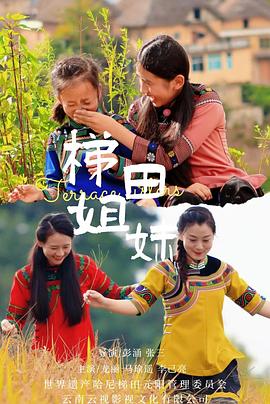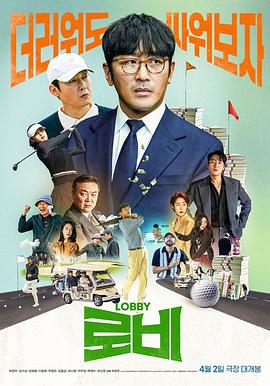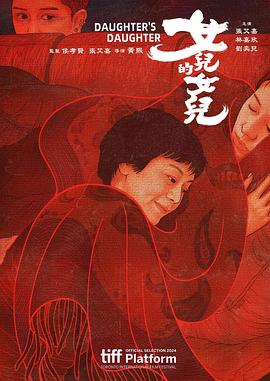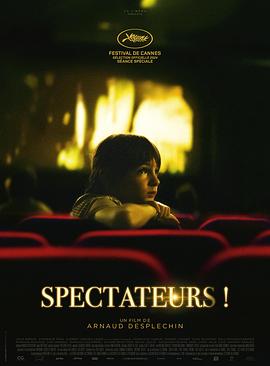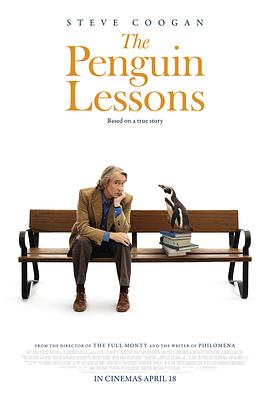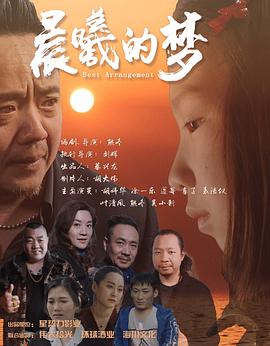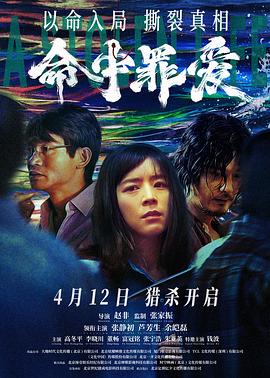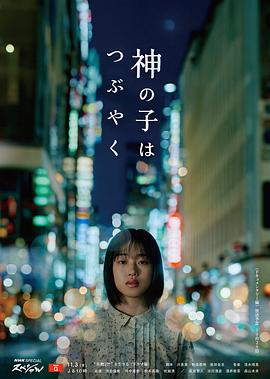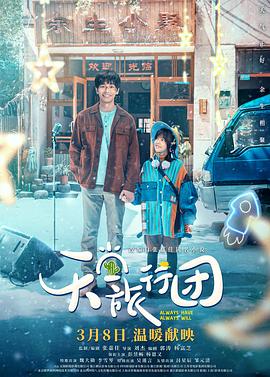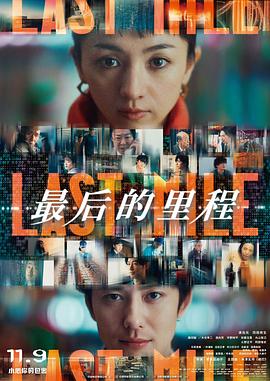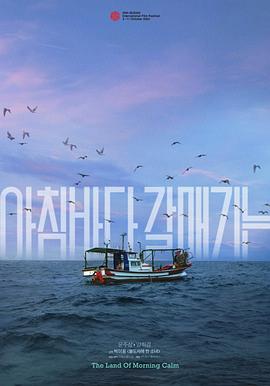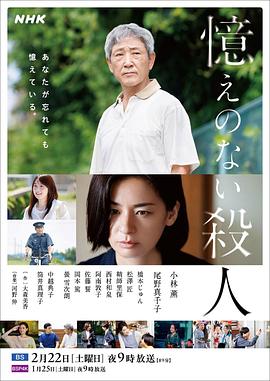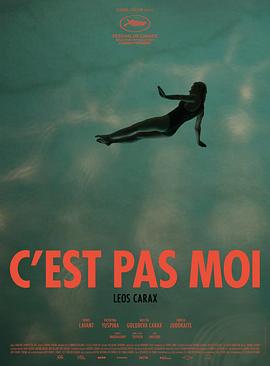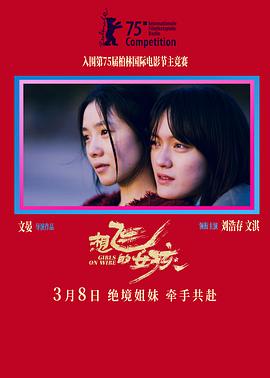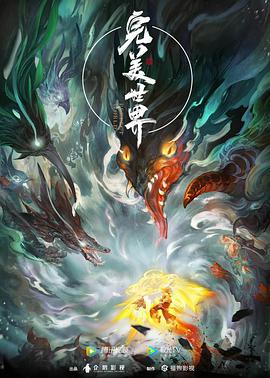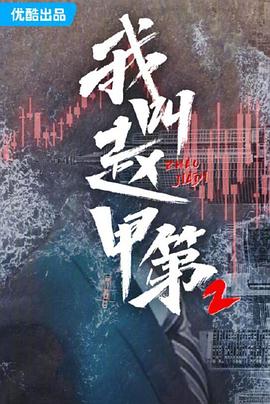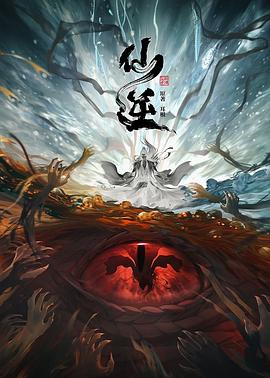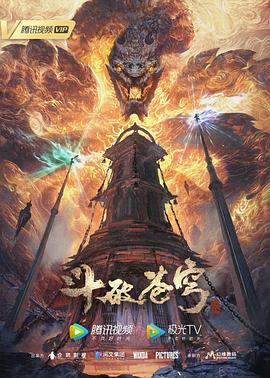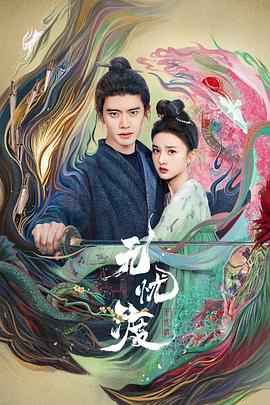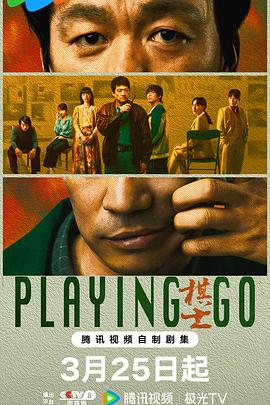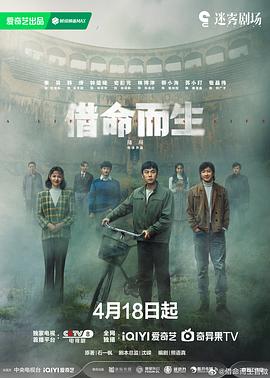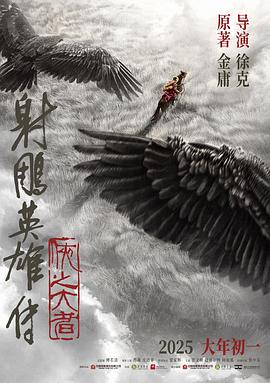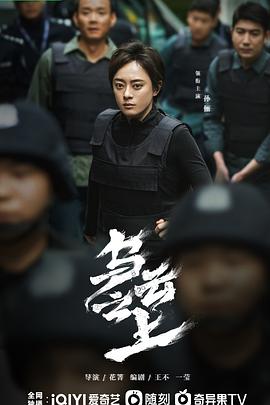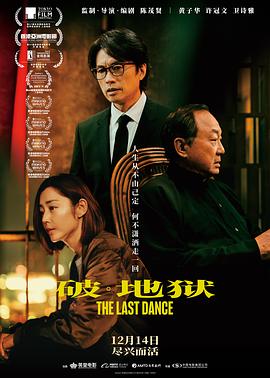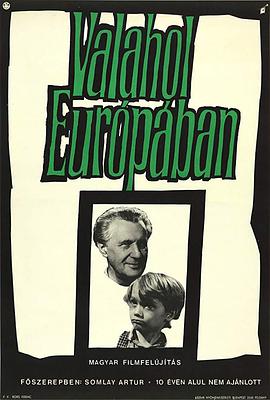
上映:
未知
更新:
2025-03-18 13:40:16,最后更新于1月前
备注:
DVD
TAG:
未知
剧情:
Somewhere in the remote region, the war ends. In the midst of ruined cities and houses in the streets, in rural hamlets, everywhere where people still live, are children who have lost their homes and parents. Abandoned, hungry, and in rags, defenseless and humiliated, they wander through the world. Hunger drives them. Little streams of orphans merge into a river which rushes forward and submerges everything in its path. The children do not know any feeling; they know only the world of their enemies. They fight, steal, struggle for a mouthful of food, and violence is merely a means to get it. A gang led by Cahoun finds a refuge in an abandoned castle and encounters an old composer who has voluntarily retired into solitude from a world of hatred, treason, and crime. How can they find a common ground, how can they become mutual friends? The castle becomes their hiding place but possibly it will also be their first home which they may organize and must defend. But even for this, the price will be very high. To this simple story, the journalist, writer, poet, scriptwriter, movie director, and film theoretician Béla Balázs applied many years of experience. He and the director Géza Radványi created a work which opened a new postwar chapter in Hungarian film. Surprisingly, this film has not lost any of its impact over the years, especially on a profound philosophical level. That is to say, it is not merely a movie about war; it is not important in what location and in what period of time it takes place. It is a story outside of time about the joyless fate of children who pay dearly for the cruel war games of adults. At the time it was premiered, the movie was enthusiastically received by the critics. The main roles were taken by streetwise boys of a children's group who created their roles improvisationally in close contact with a few professional actors, and in the children's acting their own fresh experience of war's turmoil appears to be reflected. At the same time, their performance fits admirably into the mosaic of a very complex movie language. Balázs's influence revealed itself, above all, in the introductory sequences: an air raid on an amusement park, seen in a montage of dramatic situations evoking the last spasms of war, where, undoubtedly, we discern the influence of classical Soviet cinematography. Shooting, the boy's escape, the locomotive's wheels, the shadows of soldiers with submachine guns, the sound of a whistle—the images are linked together in abrupt sequences in which varying shots and expressive sharp sounds are emphasized. A perfectly planned screenplay avoided all elements of sentimentality, time-worn stereotypes of wronged children, romanticism and cheap simplification. The authors succeeded in bridging the perilous dramatic abyss of the metamorphosis of a children's community. Their telling of the story (the scene of pillaging, the assault on the castle, etc) independently introduced some neorealist elements which, at that time, were being propagated in Italy by De Sica, Rossellini, and other film artists. The rebukes of contemporary critics, who called attention to "formalism for its own sake" have been forgotten. The masterly art of cameraman Barnabás Hegyi gives vitality to the poetic images. His angle shots of the children, his composition of scenes in the castle interior, are a living document of the times, and underline the atmosphere and the characters of the protagonists. The success of the picture was also enhanced by the musical art of composer Dénes Buday who, in tense situations, inserted the theme of the Marseilaise into the movie's structure, as a motive of community unification, as an expression of friendship and the possibility of understanding. Valahol Europaban is the first significant postwar Hungarian film. It originated in a relaxed atmosphere, replete with joy and euphoria, and it includes these elements in order to demonstrate the strength of humanism, tolerance, and friendship. It represents a general condemnation of war anywhere in the world, in any form.收起
相关影片
2025剧情片大陆
HD
2025剧情片韩国
HD
2024剧情片台湾
HD
2023剧情片加拿大
阿曼达·塞弗里德 丽贝卡·利迪亚德 马克·奥布莱恩 道格拉斯·史密斯 玛雅·巴斯蒂达斯 Vinessa Antoine 林恩·格里芬 瑞安·麦克唐纳德 玛雅·米沙里维克 兰内特·瓦雷 塔拉·尼科迪莫 乔伊·克莱恩 Siobhan Richardson Aliya Kanani Ambur Braid Elizabeth Reeve Miyeko Ferguson Michael Schade Karita Mattila Jorell Williams
珍妮从亡师手中接过歌剧《莎乐美》导演一职,在保留原剧神髓之余,亦希望加入自己笔触。彩排期间,随着与台前幕后在艺术创作上的矛盾冲突升温,个人情感纠结及童年阴影亦悄然入侵。珍妮在七层纱舞之悲剧中,瞿然发现
HD
2024剧情片英国
HD
2025剧情片大陆
HD
2025剧情片大陆
HD
2023剧情片日本
HD
2024剧情片法国
拉斐尔·佩尔索纳 多莉亚·蒂利耶 让娜·巴利巴尔 艾曼纽·德芙 文森特·佩雷斯 索菲·吉耶曼 亚历山大·萨洛 Florence Ben Sadoun Mélodie Adda 卡琪娅·申库 塞尔日·里亚布金 Constance Verluca Joniece Jamison Jelle De Beule 让·克雷蒂安·赛蓓汀·勃朗峰 Bruno Fleury Max Harter Raphaël Cohen Roméo Spadone 安娜·阿尔瓦罗
Follows the boundary-pushing Rubinstein as she selects Ravel to compose the music for her next balle
HD
2025剧情片大陆
HD
2024剧情片日本
HD
HD
2025剧情片日本
HD
2024剧情片法国
莱奥·卡拉克斯 德尼·拉旺 娜斯提亚·戈卢别娃·卡拉克斯 洛雷塔·茱德凯特 安娜-伊莎贝尔·塞弗肯 皮特·安奈夫斯基 比安卡·迈达鲁诺 让-弗朗索瓦·巴尔梅 朱丽叶·比诺什 吉约姆·德帕迪约 亚当·德赖弗 叶卡捷琳娜·戈卢别娃 卡特琳娜·尤斯皮娜 米歇尔·皮科利 奥克萨娜·莎秋
为了一场未发生的展览,法国庞毕度中心向李欧卡霍抛出大哉问,请他用图像响应自己。向来不按牌理出牌的卡霍再度出人意表,亲自粉墨登场,以磁性画外音细述,并亲上剪辑台,透过隽永老歌、耸动字卡、怀旧相片,以及家
HD
正在热播
更多2021国产动漫大陆
独家推荐
更新至第213集
2025国产剧大陆
独家推荐
更新至第32集
2025国产剧大陆
独家推荐
更新至第12集
2025国产剧大陆
独家推荐
更新至第09集
2025国产剧大陆
独家推荐
已完结
更新至第86集
更新至第144集
2025国产剧大陆
独家推荐
已完结
2025国产剧大陆
独家推荐
已完结
2025国产剧大陆
独家推荐
已完结
已完结
2025国产剧大陆
独家推荐
已完结
2025动作片大陆
独家推荐
HD
2025国产剧大陆
独家推荐
已完结

